単位互換制度
Take Courses at Other Universities
他大学の専門分野の授業を学ぶ
加盟大学の学生は他大学の専門生の高いTAC開講科目を履修することができます。
修得した単位は在籍大学の卒業単位として認定されます。
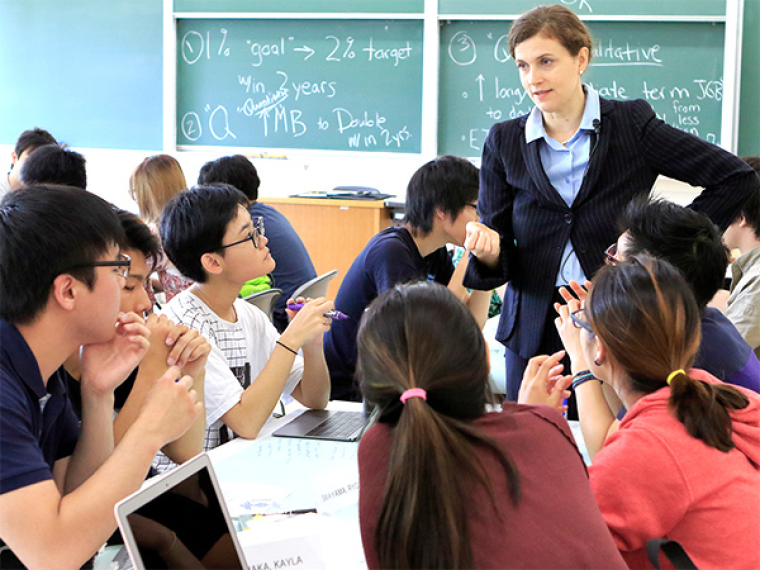
国際基督教大学
人文科学、社会科学、自然科学とリベラルアーツ大学ならではの幅広い科目を履修できます。

国際基督教大学サイトへ
Go to International Christian University Website

開講科目一覧へ
Go to View a list of courses offered

シラバス検索
Go to Syllabi Search Site
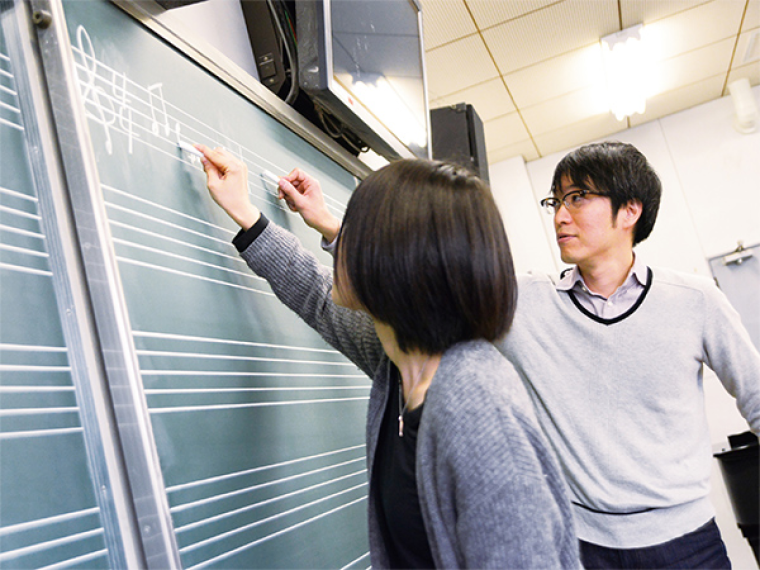
国立音楽大学
音楽民族学から楽曲分析、コンピュータ音楽まで、専門科目を幅広く受講可能です。

国立音楽大学サイトへ
Go to Kunitachi College of Music University Website

開講科目一覧へ
Go to View a list of courses offered

シラバス検索
Go to Syllabi Search Site
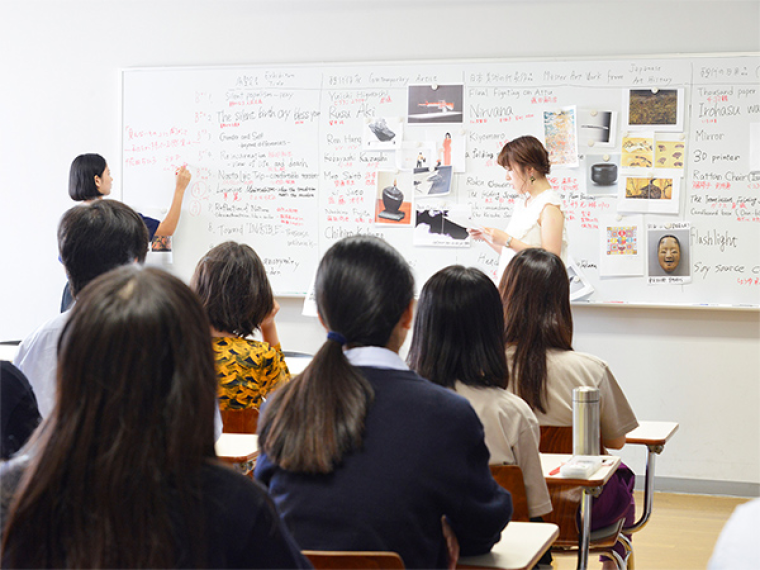
武蔵野美術大学
美術大学ならではの専門分野である美術史などが履修できます。

武蔵野美術大学サイトへ
Go to Musashino Art University Website

開講科目一覧へ
Go to View a list of courses offered

シラバス検索
Go to Syllabi Search Site

東京経済大学
経済、経営、コミュニケーション、現代法の4学部の専門科目や教養科目など。

東京経済大学サイトへ
Go to Tokyo Keizai University Website

開講科目一覧へ
Go to View a list of courses offered

シラバス検索
Go to Syllabi Search Site
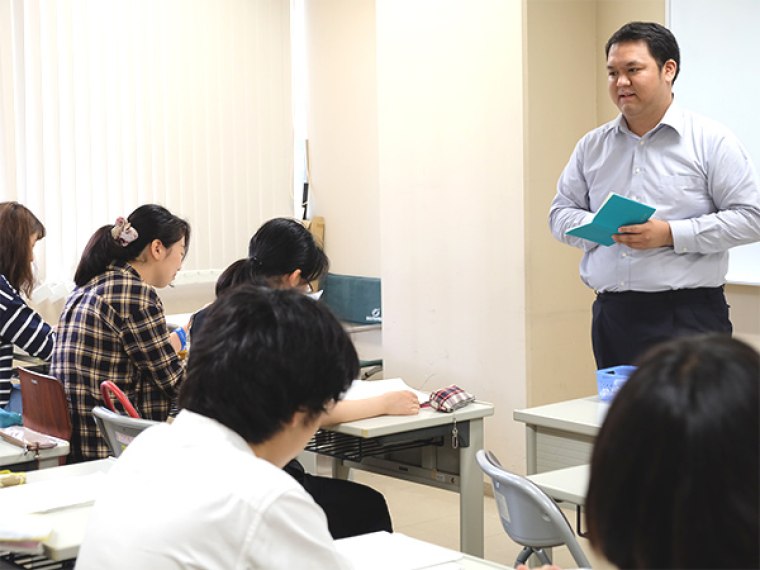
東京外国語大学
国立大学唯一の「外国語」大学である強みを活かし、本学で「しか」学べない言語も履修できます。

東京外国語大学サイトへ
Go to Tokyo University of Foreign Studies Website

開講科目一覧へ
Go to View a list of courses offered

シラバス検索
Go to Syllabi Search Site
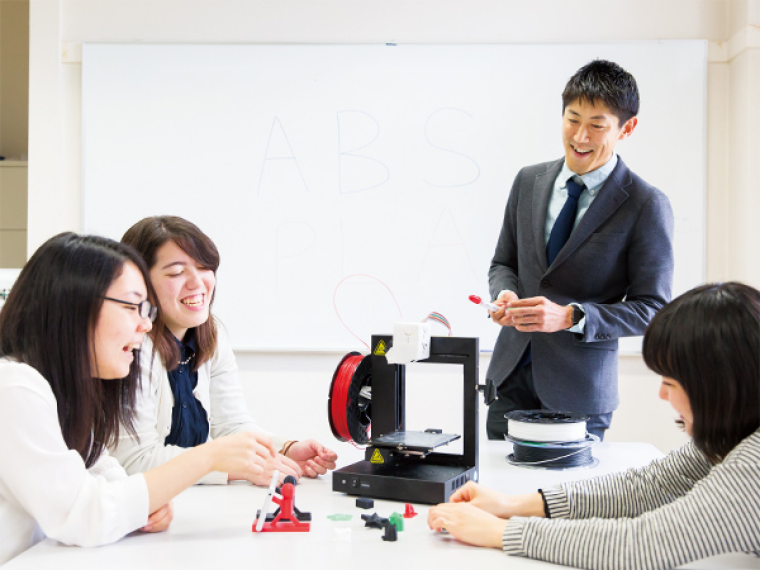
津田塾大学
人文・社会科学、数学・情報科学の授業を少人数で受講できます。女性問題等の授業が多いのも特長。

津田塾大学サイトへ
Go to Tsuda University Website

開講科目一覧へ
Go to View a list of courses offered

シラバス検索
Go to Syllabi Search Site
開講科目の一覧を見る
View a list of courses offered
INTERVIEW
利用学生の声
Mutual Credit Exchange Program User’s Voice


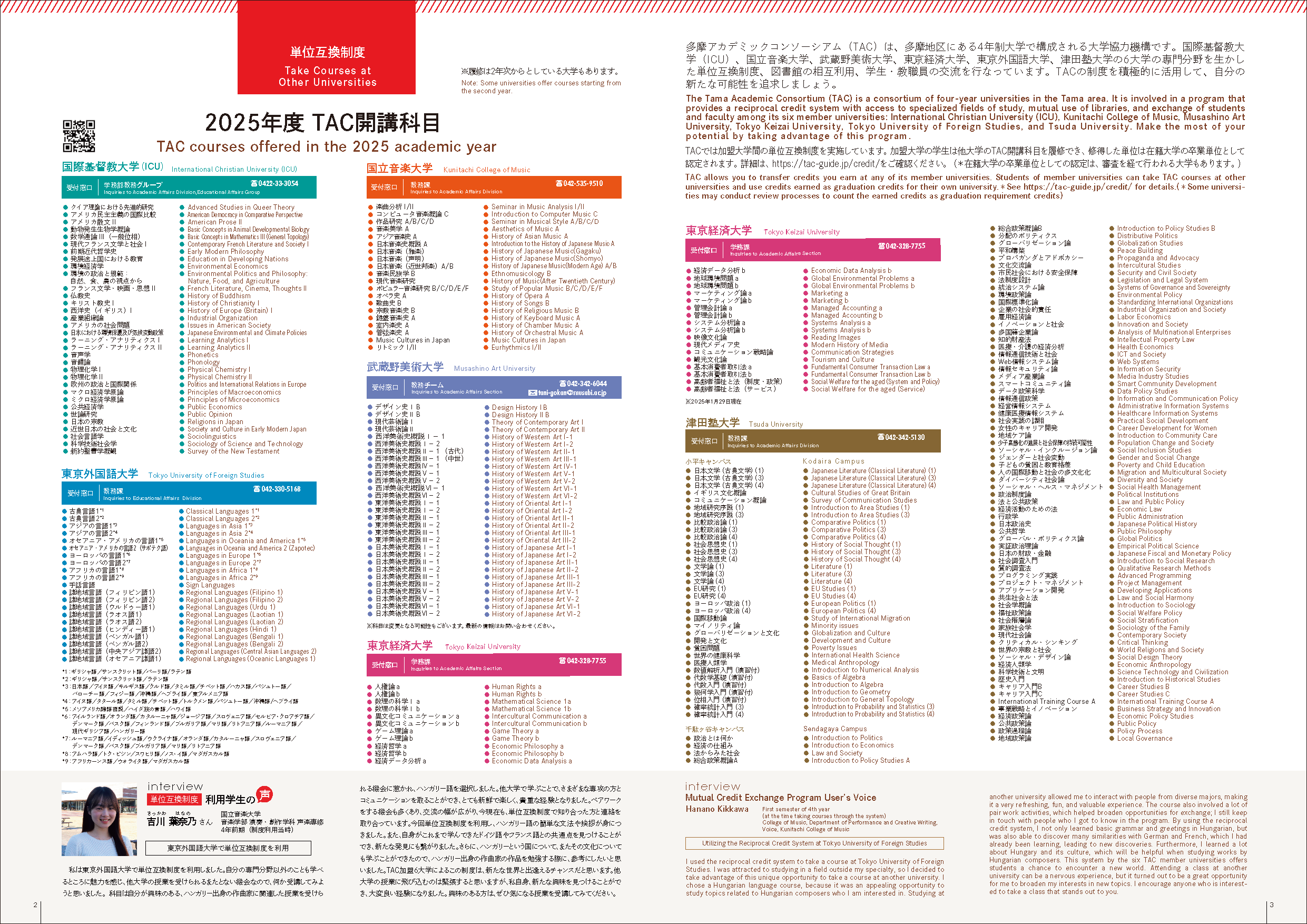
吉川 葉奈乃(キッカワ ハナノ)さん 国⽴⾳楽⼤学 ⾳楽学部 演奏・創作学科 声楽専修 4年前期(制度利⽤当時)
Hanano Kikkawa First semester of 4th year (at the time taking courses through the system), College of Music, Department of Performance and Creative Writing,Voice, Kunitachi College of Music
~東京外国語⼤学で単位互換制度を利⽤~
私は東京外国語大学で単位互換制度を利用しました。自分の専門分野以外のことも学べるところに魅力を感じ、他大学の授業を受けられるまたとない機会なので、何か受講してみようと思いました。科目は自分が興味のある、ハンガリー出身の作曲家に関連した授業を受けられる機会に惹かれ、ハンガリー語を選択しました。
他大学で学ぶことで、さまざまな専攻の方とコミュニケーションを取ることができ、とても新鮮で楽しく、貴重な経験となりました。ペアワークをする機会も多くあり、交流の幅が広がり、今現在も連絡を取り合っています。
今回単位互換制度を利用し、ハンガリー語の簡単な文法や挨拶が身につきました。また、自身がこれまで学んできたドイツ語やフランス語との共通点を見つけることができ、新たな発見にも繋がりました。さらに、ハンガリーという国について、またその文化についても学ぶことができたので、ハンガリー出身の作曲家の作品を勉強する際に、参考にしたいと思いました。TAC加盟6大学によるこの制度は、新たな世界と出逢えるチャンスだと思います。他大学の授業に飛び込むのは緊張すると思いますが、私自身、新たな興味を見つけることができ、大変良い経験になりました。興味のある方は、ぜひ気になる授業を受講してみてください。
Utilizing the Reciprocal Credit System at Tokyo University of Foreign Studies
I used the reciprocal credit system to take a course at Tokyo University of Foreign Studies. I was attracted to studying in a field outside my specialty, so I decided to take advantage of this unique opportunity to take a course at another university. I chose a Hungarian language course, because it was an appealing opportunity to study topics related to Hungarian composers who I am interested in. Studying at another university allowed me to interact with people from diverse majors, making it a very refreshing, fun, and valuable experience. The course also involved a lot of pair work activities, which helped broaden opportunities for exchange; I still keep in touch with people who I got to know in the program. By using the reciprocal credit system, I not only learned basic grammar and greetings in Hungarian, but was also able to discover many similarities with German and French, which I had already been learning, leading to new discoveries. Furthermore, I learned a lot about Hungary and its culture, which will be helpful when studying works by Hungarian composers. This system by the six TAC member universities offers students a chance to encounter a new world. Attending a class at another university can be a nervous experience, but it turned out to be a great opportunity for me to broaden my interests in new topics. I encourage anyone who is interested to take a class that stands out to you.